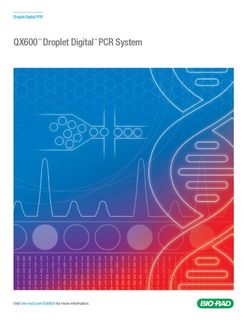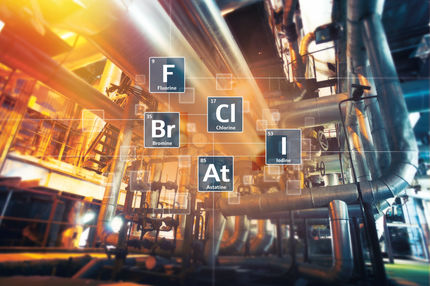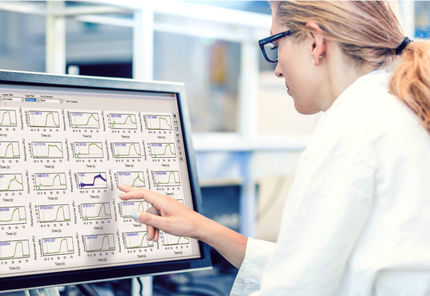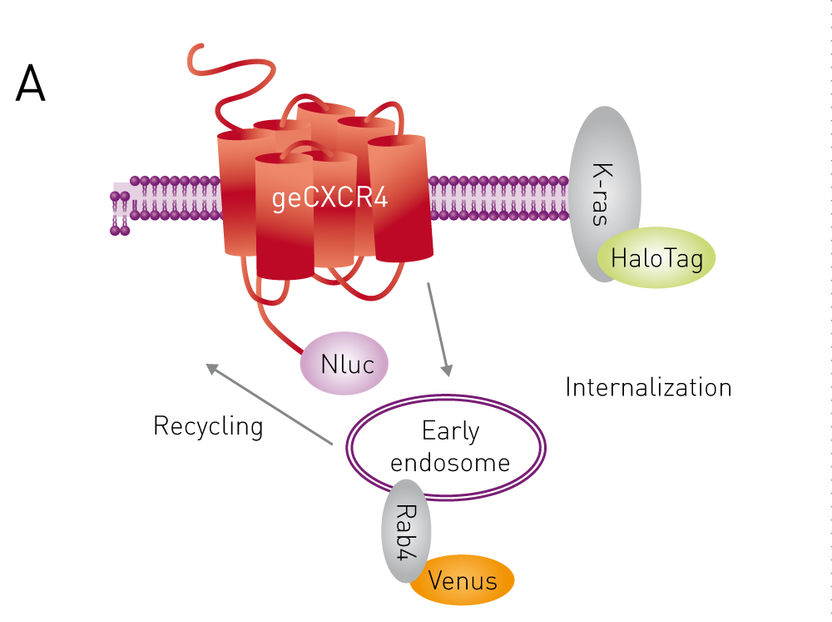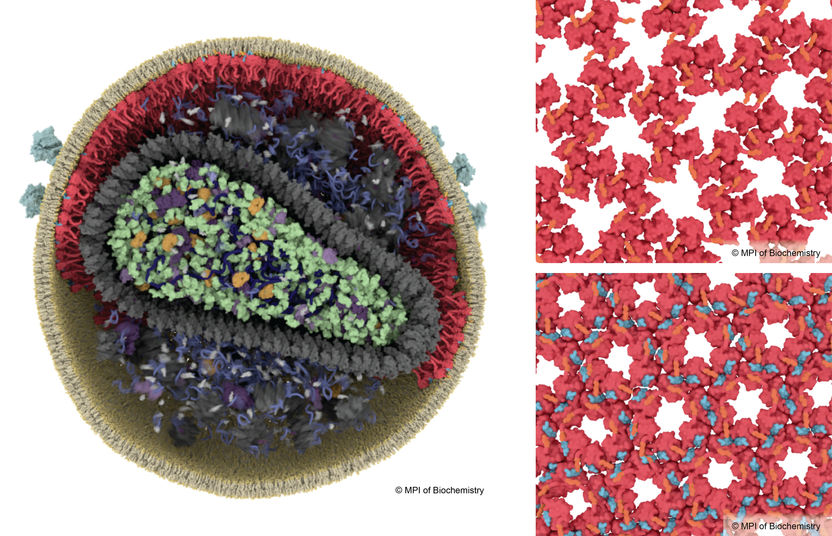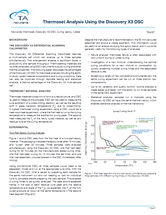TA Instruments
Improve efficiency and precision of curing reactions
TA Instruments
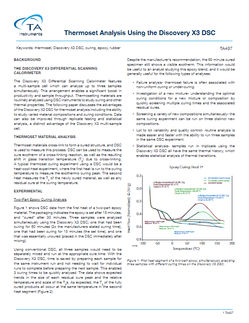
This increases the productivity of thermal analysis
Experiments using dynamic difference calorimetry (DSC) on curing systems from different areas of application and test purposes show that the new technology delivers improved results in less measuring time. To ensure the quality and reliability of hardening materials (e.g. thermosets, rubber), extensive testing is required. DSC is commonly used to investigate exothermic hardening, glass transition and other thermal effects. The new DSC technology significantly improves the analysis options for curing systems and sets a new standard in terms of precision and efficiency. From material development to quality control and troubleshooting, all aspects of hardening characterization can be covered. Improved testing capabilities mean improved product development, safety and performance. In the white paper you will learn, among other things, how hardening is carried out using a heating-cooling-heating experiment, which applications require precise hardening analyses, how the precision of hardening analyzes can be improved through new test methods and why optimized hardening analysis is important for the productivity and success of the product .
